Eye Movements and Neck Pain
A woman recently came into the clinic with chronic neck pain that would blow up into full neck spasms several times a year, taking her out for a day or two at a time. She had seen every type of orthopedic provider and had every treatment modality performed (manual therapy, neck adjustments, taping, neck/back exercises, ultrasound, laser, etc) but hadn't seen much improvement.
When evaluating her neck, we checked her range of motion relative to eye movements and saw a pretty obvious connection. When looking at an object closer to her face, her neck ROM went down by about HALF and pain increased. When looking further away, less pain/stiffness.
We also saw that her near point of convergence (the closest something can get to the eyes before becoming blurry) was further away than we would like to see. After some convergence exercises, her ROM and pain both dramatically improved, and we built a home program for that.
Eye movements can be the cause of neck pain because the brain takes the information coming from the eyes and cross-references it with what the neck muscles are saying about where we are in space (the vestibular system gets a vote too, but that's a topic for another day). All of this info is used to stabilize us and keep us oriented in space.
If what's coming from the eyes doesn't match what's coming from the neck, the brain sees that as a potential problem, does a bunch of math to make our visual picture look consistent, and tightens up the neck to prevent any potential lack of control due to the fuzzy awareness about what's exactly going on there.
Long story short, this girl didn't have a neck problem. She had a sensory mismatch between what her eyes and neck were saying about where they were in space due to some poor convergence mechanics, and this why blowing up her neck to hell and gone with a million different treatment modalities -- even neck exercise -- didn't help at all. We had to get the sensory info to line up, and then the brain was able to let the neck go.
Not every neck case is connected to eye movement, but when the normal stuff hasn't helped much, it’s worth a look.
